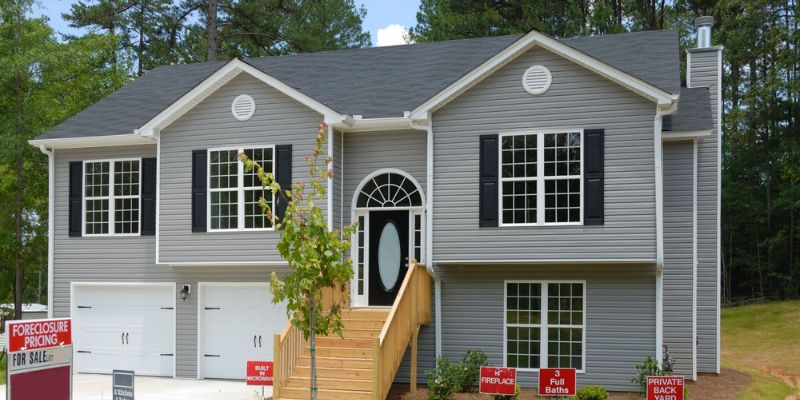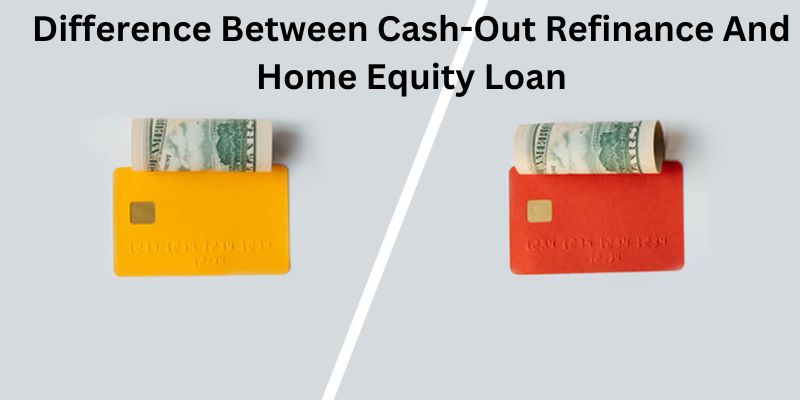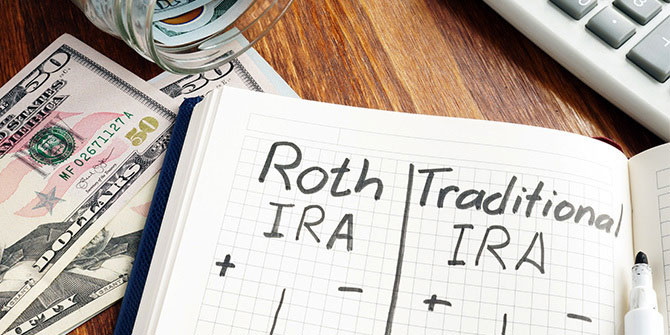Jul 03, 2023 By Susan Kelly
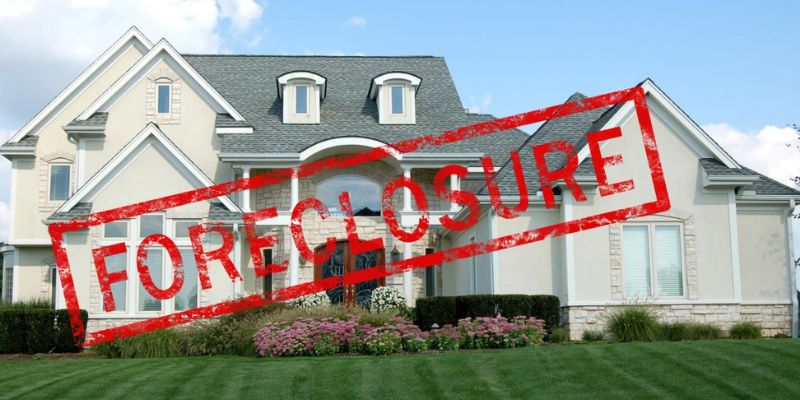
Buying a foreclosed property can be a great way to purchase real estate at a discount, but it's important to understand the process to avoid potential problems and maximize profits.
In this blog post, we'll provide an overview of buying foreclosed properties, including what you need to know about finding properties on the market and preparing for the auction.
We'll also discuss some common mistakes buyers make when purchasing foreclosed homes and tips for ensuring you get the best deal possible.
How to Find Foreclosed Properties for Sale
Finding foreclosed properties for sale can be a daunting task, but there are several resources you can use to locate them. The first step is to research online and determine which areas have the most foreclosures. Websites such as RealtyTrac offer detailed information on foreclosure listings in your area.
You can also look for properties on local real estate websites or contact local banks and lenders for more information about their foreclosed home inventory. Additionally, your local sheriff's office or courthouse may provide access to published lists of upcoming auctions.
It’s important to remember that not all homes listed as “foreclosure” are available for sale; some homeowners will have worked out a payment plan with their lender, and the foreclosure process has been stopped. When researching, ensure you are only looking at properties that are up for sale.
Once you have found your foreclosed homes of interest, reviewing the title information and property details carefully is important. Ensure there are no liens or other claims on the home that could complicate the transaction before proceeding any further.
Understand the Financial Implications of Buying a Foreclosed Property
When buying a foreclosed property, it’s important to understand the financial implications of such an investment. Foreclosed properties require repairs and may have additional associated fees, such as past-due taxes or liens from previous owners. Ensure you understand all the costs involved before bidding on the property.
It’s also important to factor in any potential legal issues arising during the purchase process. Sometimes, the prior homeowner may not have signed off on their mortgage obligations and could take legal action against you if they feel unfairly treated. You should also check for any outstanding violations or fines from local municipalities which can come back to haunt you down the line.
The Types of Foreclosure Sale
It’s important to understand the different types of foreclosure sales you might encounter, as they can vary from state to state and even within a single county. The most common type is an auction, typically held by the lender and requires you to pay cash on the day of the sale to close the deal.
Pre-Foreclosures
Pre-foreclosures are the period before a home is officially listed for auction. During this stage, you’ll have an opportunity to try and negotiate directly with the current homeowner to purchase the home at a discounted price. This can be an attractive option for buyers who want to avoid the potential risks of bidding in an auction.
Most lenders will allow prospective buyers to make offers on pre-foreclosed properties that are lower than what is owed on the mortgage. However, it is important to remember that many homeowners may only accept offers significantly lower than they owe. Additionally, some lenders might not even entertain offers during this stage, knowing they will eventually get their money back at the auction.
Auctions
When it comes to the auction, buyers should clearly understand what they are getting into. Auctions can be competitive and fast-paced, so investors must be well-prepared to get the best deal possible.
Before the bidding begins, buyers should research the property thoroughly. You should also calculate how much you will pay for the home and plan your strategy accordingly. It’s important to remember that auctions are won by whoever bids the highest, not who gets there first. With this in mind, try not to let yourself get caught up in the rush of competing bids and stay focused on getting the best deal.
At the auction, buyers should know that they may have to pay cash for the property or finance it through a loan. Ensure you’ve completed all your research and are in a strong financial position before bidding so you don’t get into any unexpected debt.
Post-Foreclosure Purchases
After the foreclosure auction, buyers can still purchase if they are willing to do so directly with the lender. Post-foreclosure purchases are typically done in cash and usually involve some discount from the original mortgage amount because the bank has repossessed the property.
Sometimes, lenders offer additional incentives such as closing cost assistance or financing options. If you’re interested in this type of transaction, it’s important to be prepared with all of your research and paperwork ready before negotiating with the lender.
Financing Options for Foreclosed Properties
Financing options are available if you need more cash to purchase a foreclosed property outright. Many banks offer special foreclosure loans with lower down payment requirements and interest rates than traditional mortgages. It's important to remember that these loans may require additional paperwork and a higher credit score to qualify.
It’s also possible to secure private-lender financing or use creative financing strategies such as seller financing, lease option agreements, or hard money loans. However, these options carry more risk and require careful consideration before deciding which is right for you.
Risks of Buying Foreclosed Properties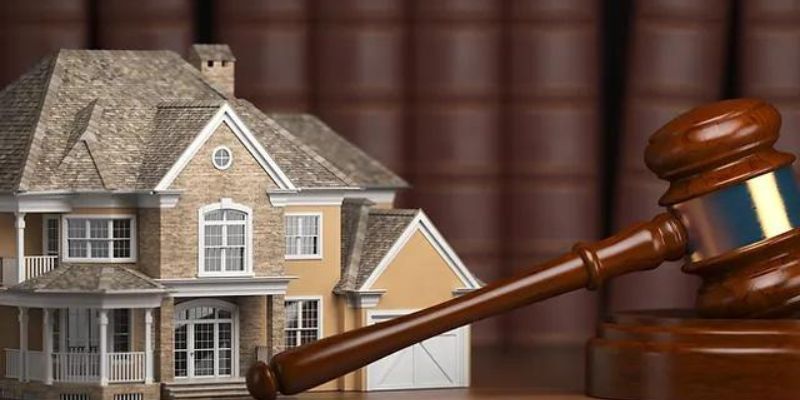
Finally, it’s important to understand the risks associated with buying foreclosed properties. These homes often need repairs, and you may be responsible for any back taxes or other debts left unpaid by the previous owner. Additionally, you could lose your deposit and money if you purchase a home at auction and cannot secure financing.
By understanding these potential risks and doing thorough research on the property before bidding, buyers can minimize their chances of encountering any unexpected issues when buying a foreclosed property. With the right preparation and knowledge, investors can take advantage of great discounts while avoiding costly mistakes.
FAQs
How to buy a foreclosed home in Texas?
Foreclosed homes in Texas can be purchased through various methods, including auctions, pre-foreclosures, and post-foreclosure purchases. Each process is slightly different, so it’s important to understand the steps involved before making an offer on a property.
What paperwork do I need to buy a foreclosed home?
Before bidding on or purchasing a foreclosed home, buyers must provide proof of funds or secure financing to complete the transaction. Other documentation that may be requested includes title searches, inspection reports, and other legal paperwork relating to the purchase. Having your documents ready before entering into any agreement with the lender is important.
Are there any hidden costs associated with buying a foreclosed home?
Yes, buyers should know they may be responsible for covering additional costs of purchasing a foreclosed property. These can include taxes owed on the property, legal fees related to title searches or inspections, and other liens or debts left behind by the previous owner. Be sure to factor in all these potential expenses when calculating your budget.
Conclusion
Buying a foreclosed home can be a great way to purchase real estate at a discount, but it’s important to understand the process to avoid potential problems and maximize profits. By researching the various stages of foreclosure, getting pre-approved for financing, and doing your due diligence before bidding, buyers can increase their chances of finding the perfect property while avoiding costly mistakes.
-

Are Solar Panels Expensive
Jul 04, 2023
-

A Quick Shot: What Is an Alien Insurer?
Aug 08, 2022
-

How Often Do They Change My Credit Report?
Nov 12, 2022
-

A Complete Guide: The Returns of Short, Intermediate, and Long Term Bonds
Sep 10, 2022
-

10 Financial Certifications to Advance Your Career
Jun 29, 2023
-
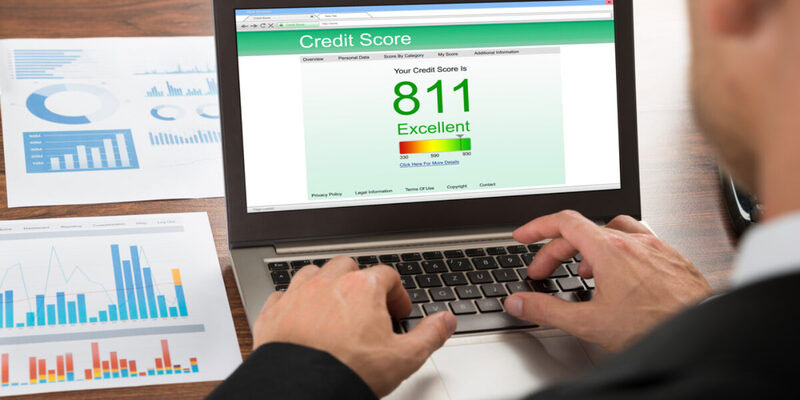
Is It Good Or Bad To Have A Credit Score Of 811?
May 26, 2023
-

What is a Closing Disclosure
Jul 04, 2023
-

See How: Is It Possible to Retire at 45 With $500,000?
Jul 23, 2022
